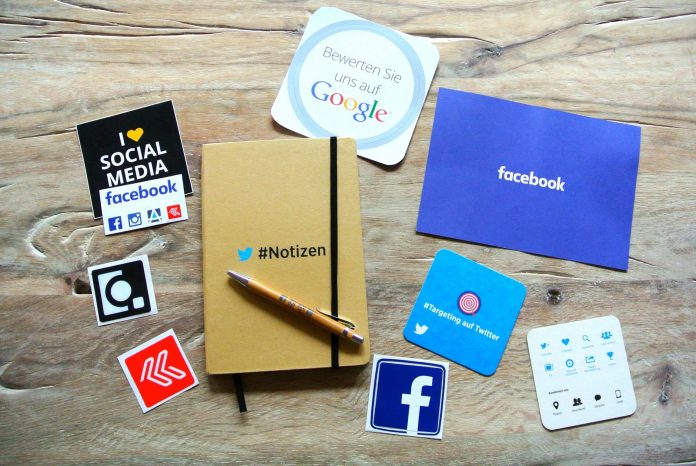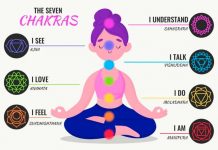Recently, Supreme Court stressed the need to find a balance between the right to online privacy and the right of the State to detect people who use the web to spread panic and commit crimes.
A Bench of Justices expressed concern over the dangers of the dark web.
The Bench’s comments were in response to submissions by Attorney General K.K. Venugopal, appearing for the Tamil Nadu government, about the need to link social media profiles of registered users with their Aadhaar numbers, and if required, have platforms such as Facebook and WhatsApp share the 12-digit unique identity with law enforcement agencies to help detect crimes.
Availability Unique Aadhar id Number of every Individual:
- It is a 12 digit individual identification number issued by UIDAI (Unique identification authority of India) on behalf of Government of India
- It will serve as identity and address proof anywhere in India. It is available in 2 forms, physical and electronic form i.e. (e-Aadhaar).
- Aadhaar is meant to help benefits reach the marginalized sections of the society and considers the dignity of people not only from personal but also from community point of view.
- Any resident (a person who has resided in India for 182 days, in the one year preceding the date of application for enrollment for Aadhaar) of India irrespective of age, sex, class can avail it.
- The UID authority will authenticate the Aadhaar number of an individual, if an entity makes such a request.
- A requesting entity (an agency or person that wants to authenticate information of a person) has to obtain the consent of an individual before collecting his information.
- The panel ruled the programme had merits, but struck down provisions in the act that made its use mandatory in applications for services ranging from bank accounts to mobile telephone connections and school admissions.
- The court also ruled unconstitutional the use of Aadhaar by companies to establish an individual’s identity.
Aadhaar Linking mandatory for the below:
- An individual has to furnish their Aadhaar number or the enrollment ID while filing Income Tax returns.
- It has made Aadhaar-PAN card linking mandatory as well as the requirement of Aadhaar when applying for PAN card.
- Section 7 which states Aadhar is mandatory for any government scheme that draws out of the consolidated fund of India.
- This means that if you want to avail benefits such as ration, LPG subsidy, MGNREGA, you have to furnish your Aadhaar number or your Aadhaar enrollment ID.
- This is an indirect link to banks, where PAN card number is mandatory. It is this part that, in a way, makes it mandatory for you to obtain an Aadhaar number.
Challenges apparent in the linking of Aadhaar number with social media profiles:
The private use of Aadhaar itself has been controversial since the striking down of Section 57 of the Aadhaar Act.
The limited eKYC provisions, which has been allowed only for banks and other regulated entities are indicative of this.
The use of Aadhaar, further, has mainly been restricted to receiving government benefits such as the Section 7 benefits.
It is thus difficult, legally, to find a way to permit Aadhaar-social media linking within the ambit of the Supreme Court’s verdict on Aadhaar.
Even if a method is found, how such linking will be implemented is not without issues.
- For instance, will people be required to disclose their actual Aadhaar numbers to the social media companies, given that even for KYC, Aadhaar numbers are to be redacted?
- Given the many privacy concerns with the data in the hands of these companies, this sensitive information in their hands is just one more thing to worry about.
- Second, how are the social media companies to verify the linking done? For instance, will they be required to undergo an actual KYC procedure, requiring offline verification of Aadhaar?
- Given the restrictions on carrying out Aadhaar authentication at present for Section 7 benefits and by banks, it can be assumed that access to the Central Identities Data Repository (CIDR) to carry out bio-metric authentication will not be permitted for social media companies.
- Carrying out a KYC procedure will certainly have a major impact on the companies, much like the similar struggles faced by mobile wallet companies.
- In addition, a question arises as to how accounts that are not linked are to be dealt with. The consequences for these are unclear at present.
The closest parallel that can be drawn is with the Supreme Court’s striking down of the provision in relation to withholding banks accounts that were not linked.
However, there, the act in relation to bank accounts was seen as a deprivation of property, and it is unclear what the stance the Court will take in relation to the same in relation to social media accounts.
The Supreme Court also called for Parliament to draft and pass a data protection law immediately.
Supreme Court also impressed upon the respondents to bring out a robust data protection regime in the form of an enactment on the basis of Justice BN Srikrishna (Retd.) Committee Report with necessary modifications thereto as may be deemed appropriate.
Conclusion:
The Madras High Court reiterated its stand that Aadhaar cannot be used to authenticate social media accounts.
It has dismissed the plea made by the PIL petitioners, but given that the Supreme Court is hearing Facebook’s transfer petition, the Madras HC has adjourned the hearing on WhatsApp traceability case until September 19.
The Supreme Court said that there is a need to find a balance between the right to online privacy and the right of the state to trace the origins of hateful messages and fake news.
The government needs to move away from relying on Aadhaar and linking as a one-stop solution for issues ranging from terrorism (SIM linking), money laundering (bank account linking), electoral fraud (voter ID linking) and now cyber-crime (social media account linking).
It is without question that a solution is required, but it is increasingly worrying as the solutions move toward deprivation of fundamental rights and the first steps towards a possible surveillance state.










Would you be thinking about exchanging hyperlinks?
Wonderful blog! I found it while browsing on Yahoo News. Appreciate it
Thank you
I want to show my admiration for your kindness giving support to persons that really want guidance on this one issue. Your real commitment to passing the message around had been extremely invaluable and has in most cases allowed some individuals much like me to achieve their desired goals. Your own invaluable tips and hints means so much to me and a whole lot more to my office workers. Thank you; from all of us.
Welcome
Hi, the website design looks great! Cheers
Thank you